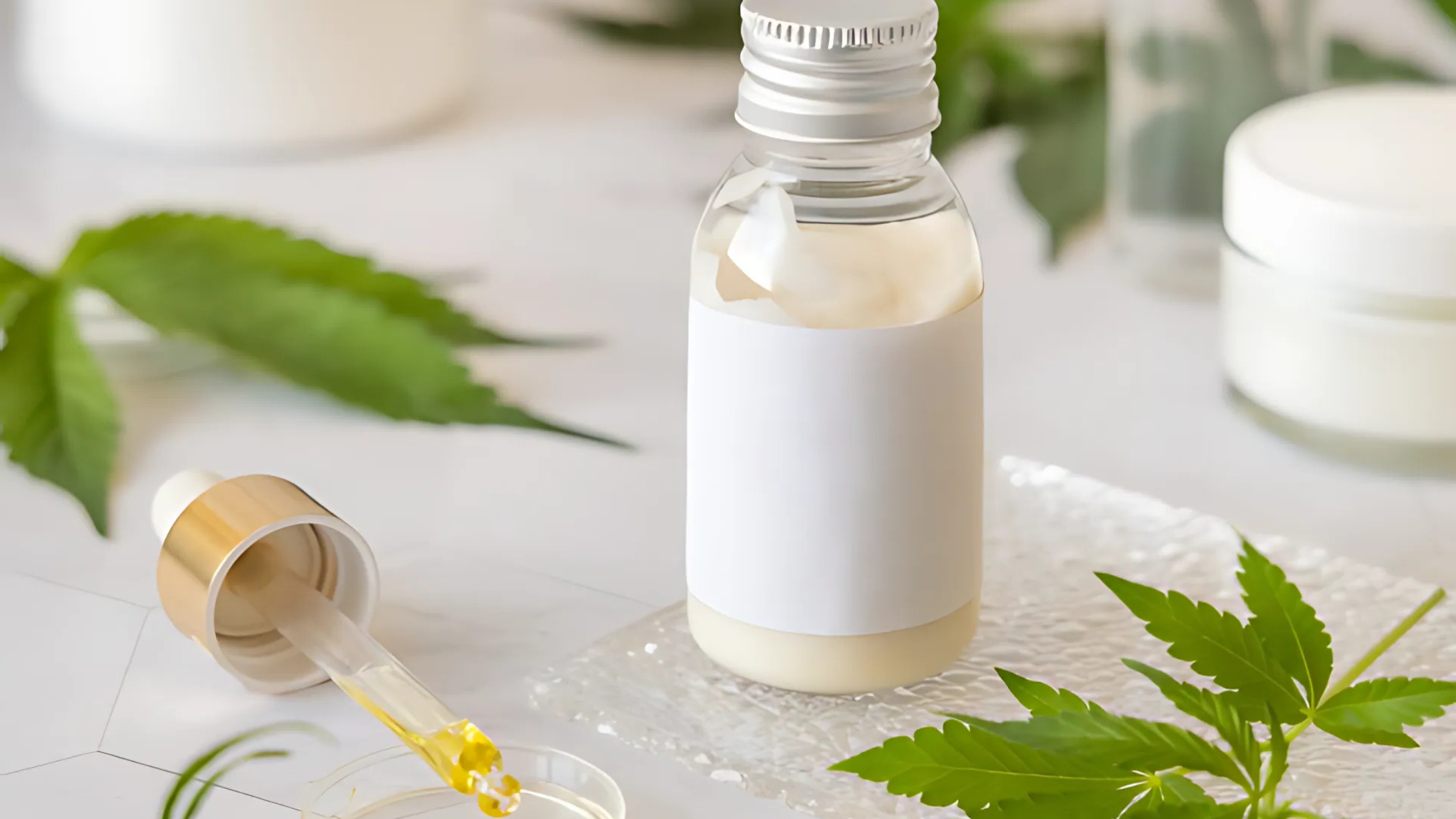Understanding THCA and THC
If you’re navigating the cannabis landscape, you’ve likely encountered both THC (tetrahydrocannabinol) and THCA (tetrahydrocannabinolic acid). As more people explore the benefits of cannabinoids, questions about drug testing become increasingly relevant. One common question is: does THCA show up on a drug test? Let’s break down what THCA is, how drug tests work, and what you need to know to stay informed.
What is THCA?
THCA is the non-psychoactive precursor to THC found in raw cannabis plants. Unlike THC, THCA does not produce the intoxicating effects typically associated with marijuana use. When cannabis is heated, THCA undergoes decarboxylation, transforming into THC and thus becoming psychoactive. This is important because while THCA has potential health benefits, its status on a drug test can be murky.
How Does THCA Differ from THC?
The key difference between THCA and THC lies in their chemical structure and effects on the body. THCA remains stable in raw cannabis, whereas THC activates upon heating. This means that consuming raw cannabis or THCA products won’t give you the high associated with traditional marijuana but will still allow you to benefit from its therapeutic properties. Understanding this distinction is crucial for anyone concerned about drug testing.
The Science of Drug Testing
How Drug Tests Work
Drug tests are designed to detect the presence of specific substances in the body. Most commonly used tests check for metabolites, which are byproducts created when your body processes substances like THC. When you consume THC, it breaks down into various metabolites, some of which remain in your system long after the initial high fades.
Types of Drug Tests
There are several types of drug tests used in various settings, including:
Urine tests: The most common method, often used by employers and for legal reasons.
Blood tests: Less common, but they can detect THC and its metabolites in the bloodstream.
Saliva tests: Increasingly popular for roadside testing and quick screenings.
Hair tests: Can detect THC use over a longer period, though they’re less commonly used for cannabis.
Can THCA Be Detected in Drug Tests?
THCA vs. THC in Testing
The primary concern for those using cannabis products is whether THCA will show up on a drug test. Most standard drug tests are designed to detect THC and its metabolites rather than THCA itself. Since THCA is non-psychoactive and not a metabolite of THC, it typically won’t trigger a positive result.
What Drug Tests Look For
Most drug tests focus on metabolites of THC, such as THC-COOH, which are created after THC is processed by the body. Since THCA doesn’t convert into these metabolites unless heated, it generally remains undetected in standard tests. However, if THCA is heated and converted into THC before testing, it could potentially lead to a positive result.
Factors Influencing THCA Detection
While THCA itself may not show up on a drug test, several factors can influence whether you’ll test positive for THC.
Frequency of Use
Regular cannabis users are more likely to test positive for THC, as the body accumulates THC metabolites over time. If you only use THCA occasionally, your chances of testing positive for THC decrease.
Dosage and Potency
Higher doses of THC or concentrated products can lead to increased levels of metabolites in the body. Consuming potent cannabis products that convert THCA into THC before a drug test can result in a positive result.
Individual Metabolism
Everyone’s body processes cannabinoids differently. Factors like body weight, metabolism, hydration levels, and overall health can impact how quickly THC metabolites are cleared from your system. If you have a fast metabolism, you may be able to eliminate THC more quickly, while slower metabolisms may retain it longer.
Understanding Drug Testing Laws
State Regulations on THCA
In many states, the legality of THCA varies based on local cannabis laws. Some states have decriminalized or legalized cannabis, which can affect how drug tests are handled. In these cases, there may be less stringent regulations regarding THC and THCA testing. It’s essential to be aware of your state’s regulations regarding cannabis use and drug testing.
What to Know About Employment Policies
Many employers conduct drug tests as part of their hiring or ongoing employment processes. If you’re in a state where cannabis is legal, you might wonder how that impacts workplace policies. Some employers may still enforce strict drug testing policies, especially for roles requiring safety or security clearance. Always check your workplace’s policy on drug testing and cannabis use.
Alternatives to Traditional Drug Tests
Testing for Specific Cannabinoids
With advancements in drug testing technology, some companies are exploring tests that can specifically measure THCA levels without converting it to THC. These tests may allow individuals to determine their cannabinoid use without the risk of false positives related to THC.
Emerging Technologies in Drug Testing
New testing methods are emerging, focusing on detecting specific cannabinoids rather than just THC. These tests can potentially differentiate between THCA and THC, providing a more accurate representation of cannabis use.
Conclusion
So, does THCA show up on a drug test? Generally speaking, the answer is no. Most standard drug tests are designed to detect THC and its metabolites, not THCA. However, if you heat THCA and convert it into THC, it can result in a positive test. It’s essential to consider factors like your usage frequency, dosage, and individual metabolism when it comes to testing. Staying informed about the laws in your state and your workplace’s policies can help you navigate the complexities of cannabis use and testing.
Frequently Asked Questions
Will using THCA products lead to a positive drug test?
Typically, no, as THCA is not detected in standard drug tests. However, if heated and converted to THC, it can lead to a positive result.
How long does THC stay in the system?
THC can stay in the body for several days to weeks, depending on factors like frequency of use, dosage, and individual metabolism.
What types of drug tests are most commonly used?
Urine tests are the most common, but blood, saliva, and hair tests are also used in certain situations.
Are there any legal protections for cannabis users?
Legal protections vary by state. Some states have legalized cannabis, which may affect workplace drug testing policies.
Can I use THCA without worrying about drug tests?
Generally, yes, as long as you’re consuming it in its raw form and not converting it to THC through heat.

